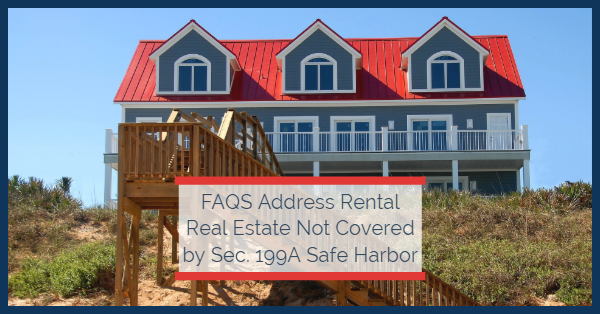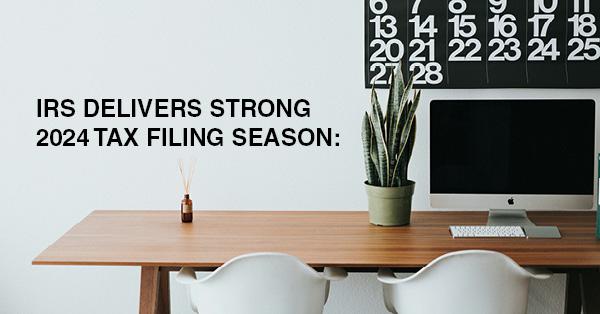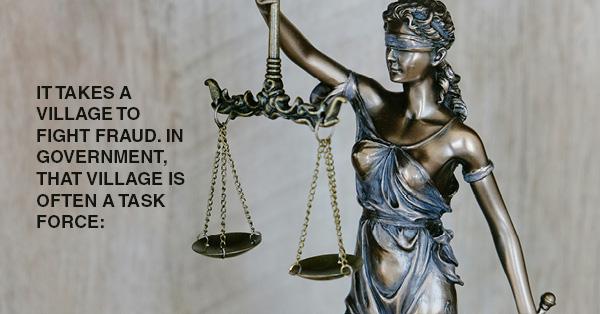Rental Real Estate Safe Harbor FAQs and Rev. Proc. 2019-38

The IRS has issued FAQs regarding Rev. Proc 2019-38 to use in determining the eligibility of a rental activity for the Section 199A deduction. However, the taxpayer may be eligible for the Section 199A deduction based on whether or not the activity rises to the level of a trade or business. The owner of the rental property can either determine that the rental activity rises to the level of a trade or business based on facts and circumstances or can elect to use the safe harbor rules to qualify for the Section 199A deduction.
The safe harbor specifically excludes rental real estate rented or leased under a triple net lease or in use by a specified service trade or business (SSTB).
The IRS has issued a series of frequently asked questions (FAQs) regarding Rev. Proc. 2019-38 Rental Real Estate Safe Harbor. Rental real estate that does not fall under the safe harbor but can be treated as a trade or business solely for the purposes of the Code Sec. 199A deduction is addressed. The FAQs are found here starting with FAQ 48.
The FAQs emphasize a few points:
The safe harbor is not the only way that rental real estate is treated as a trade or business for purposes of the QBI deduction. The other two ways are:
- The rental real estate rises to the level of a Code Sec. 162 trade or business, or
- The rental or licensing of property is to a commonly controlled trade or business operated by an individual or a passthrough entity
The second way is often referred to as a self-rental. (FAQ 48). Commonly controlled trades or businesses are, in general, trade or businesses where one person owns 50% or more of each trade or business.
So, while triple net leases do not qualify for the safe harbor, if rental real estate involving a triple net lease is otherwise treated as a trade or business under Code Sec. 199A, then the income, gains, losses and deductions would be included in QBI.
One question asks if rental real estate that is treated as a trade or business for purposes Code Sec. 199A, is subject to self-employment tax? The IRS says that, in general, the answer is no. How rental real estate is reported on Form 1040 has not changed due to the QBI deduction. Rental real estate is usually reported on Part I of Schedule E (Supplemental Income and Loss (From rental real estate, royalties, partnerships, S corporations, estates, trusts, REMICs, etc.)), and is not subject to self-employment tax. Even if rental real estate rises to the level of a Code Sec. 162 trade or business, it is generally reported on Schedule E, Part I, because rental real estate is generally excluded from self-employment taxable income under Code Sec. 1402(a)(1).
However, some rental real estate is subject to self-employment tax (e.g., boarding house, hotel or motel, and bed and breakfast, where substantial services are rendered for the convenience of the occupants). Rental real estate subject to self-employment tax is reported on Schedule C. (FAQ 52)
Code Sec. 199A does not have a material participation requirement. Eligible taxpayers with income from a qualified trade or business may be entitled to the QBI deduction regardless of their level of involvement in the trade or business. (FAQ 54)




